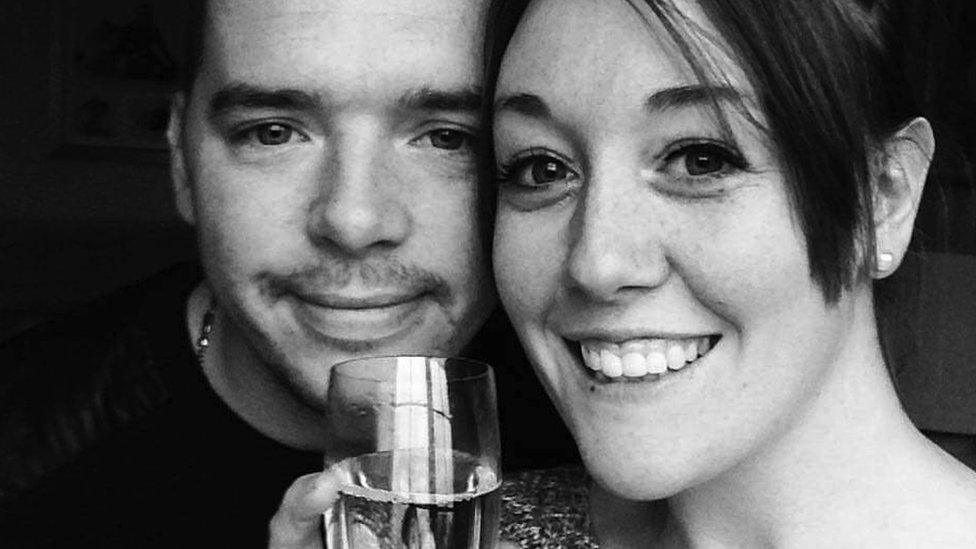Aphasia patients urge NHS to fund speech therapy
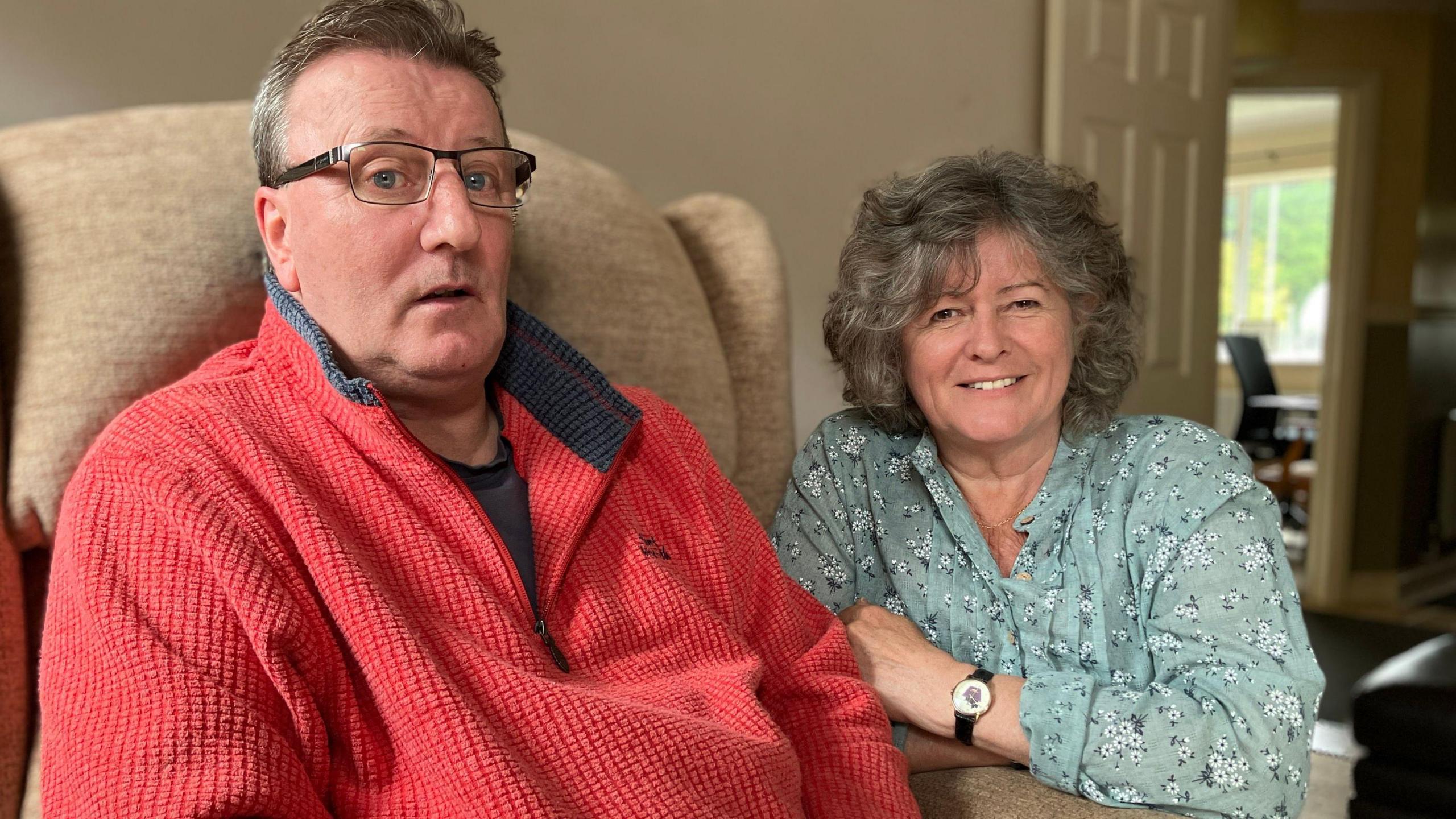
Rob Sizer, sitting with his wife Ann, was diagnosed with aphasia after a fall three years ago
- Published
Families impacted by the condition aphasia are calling on the NHS to invest more money in speech and language therapy.
An estimated 350,000 people across the UK have the condition, which affects a person's ability to understand, speak, read or write.
Campaigners say patients are receiving inadequate support once they leave hospital.
A government spokesperson said the NHS was "broken" and it was "determined to change that".
Rob Sizer, from Eastleigh, was diagnosed with aphasia after having a stroke while undergoing an operation to treat injuries he suffered following a fall three years ago.
His wife, Ann Sizer, explained: "He came round and he couldn't speak. That's when we realised the severity of the aphasia. It was a real shock."
The couple said Mr Sizer had been offered six speech therapy sessions on the NHS and when those ended, they had struggled to pay privately.
Mrs Sizer continued: "Going there every four to six weeks, it was doing nothing. Rob wasn't really gaining anything from it, it was like a tick box - they were going through a process."
She said conversations with her husband now felt "one way" and Mr Sizer agreed he found it frustrating because, mentally, he felt like the "same Rob".
"It's really isolating, quite lonely, but we just have to keep going and hoping something will improve," Mrs Sizer added.
"We just need more help, more expertise. I never knew if what I was doing was right, I didn't know if I was pushing Rob too much, it was hard."
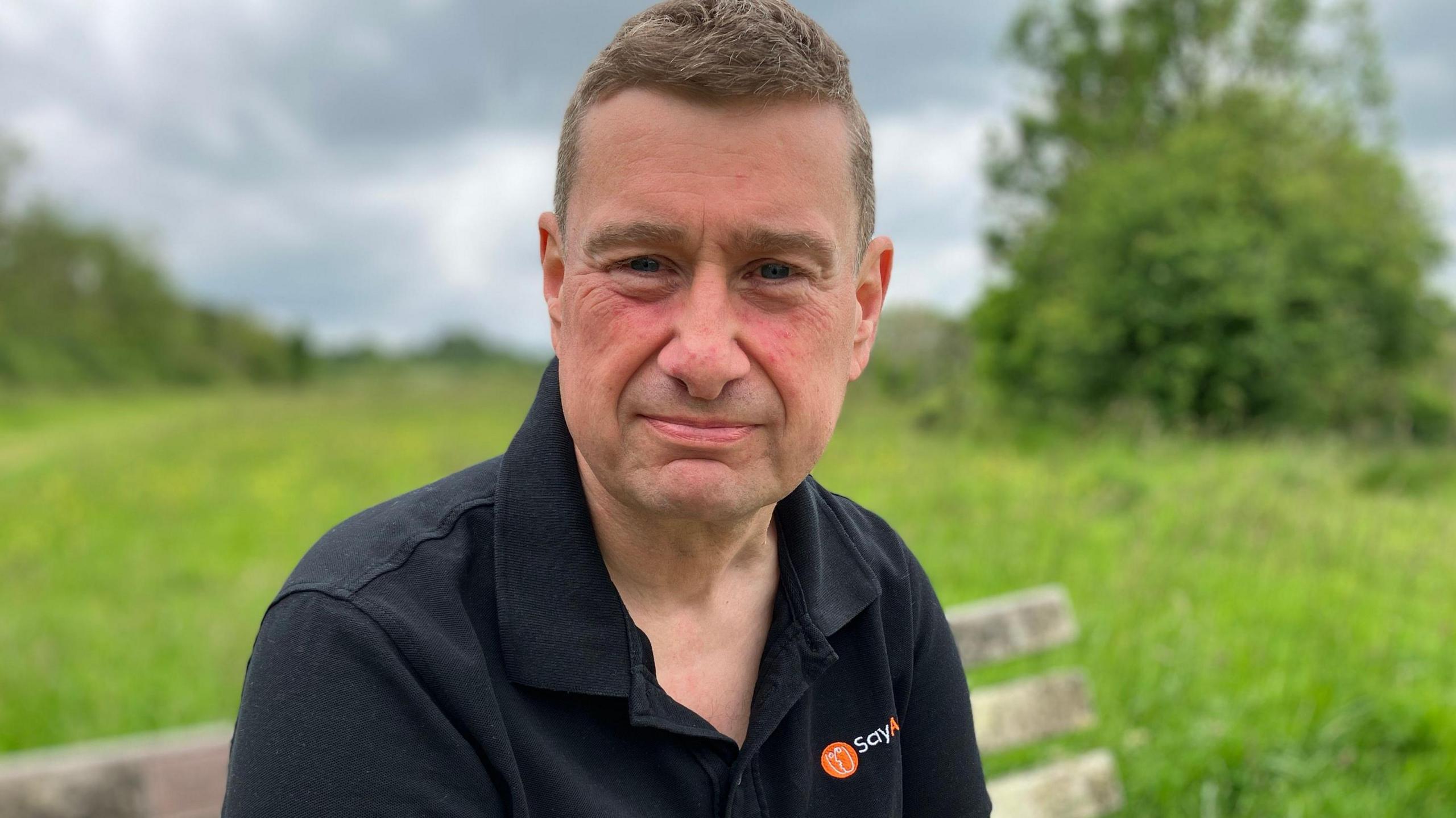
Jez Hodgkinson, from the group Say Aphasia in Winchester, said he had had people in tears because they could not contact speech therapists
Campaigner Jez Hodgkinson, from the group Say Aphasia, based in Winchester, said many patients felt ignored.
He said: "Physical problems, money is applied to - you can't move because you've got a broken leg, then it gets fixed.
"If you can't complain about it, they're quite happy to leave the money alone. I've had people calling me to cry because they can't contact speech therapists."
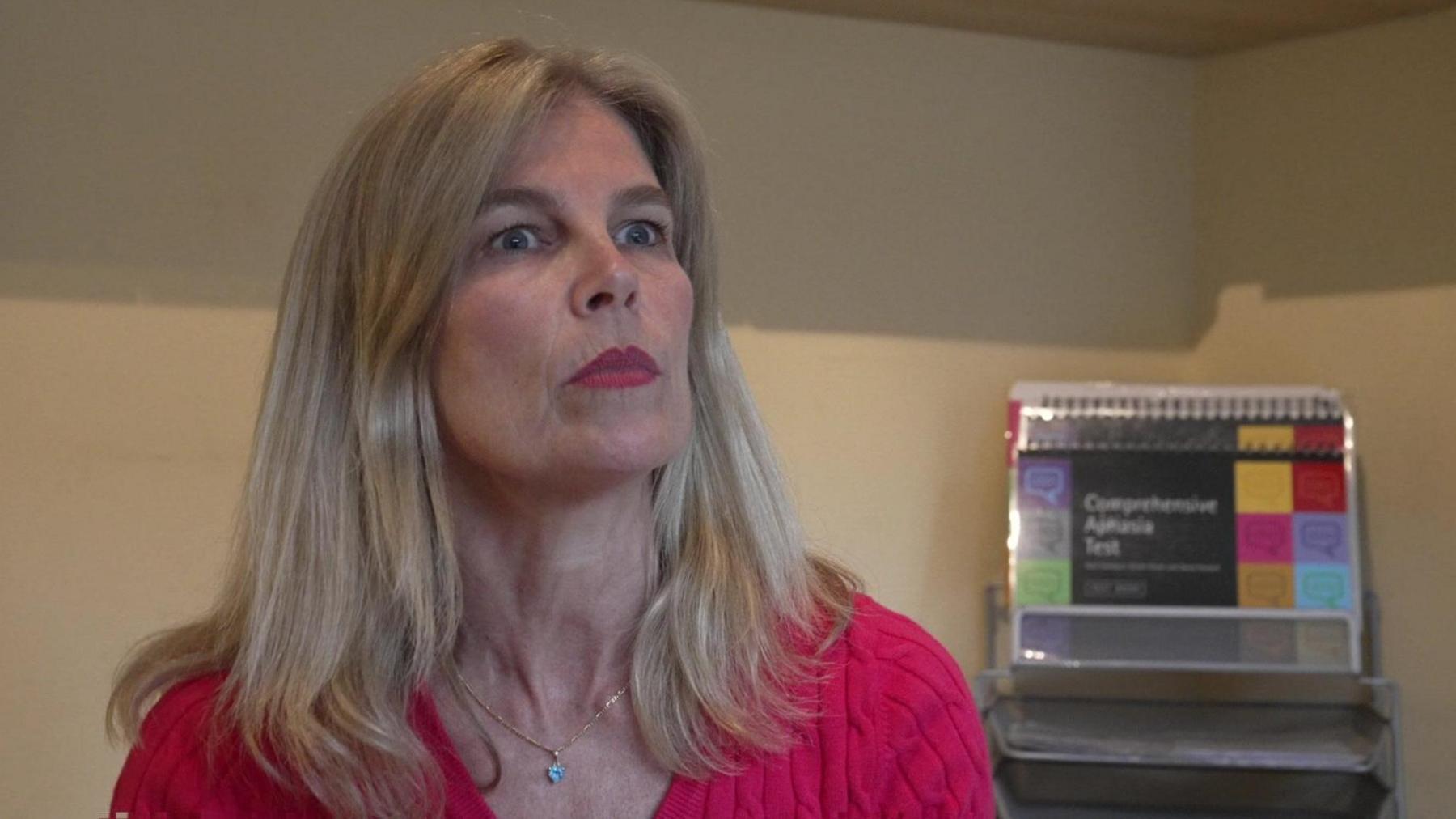
Heidi Merlin-Owen provides private speech and language therapy and says early treatment is important for aphasia patients
Speech therapist Heidi Merlin-Owen offers therapy to private clients and said aphasia was a "chronic" condition.
But she explained: "It makes its greatest improvements in the early stages post-stroke, so you want to get in early.
"I have individuals who have accessed nothing once they've come out of hospital. It's upsetting because obviously people benefit from it."
A Department of Health and Social Care spokesperson said: “The NHS is broken, too many people are waiting too long, and we are determined to change that.
“Improved community health services, including speech and language therapy, will be key to delivering this government’s commitment to fix our NHS.”
Get in touch
Do you have a story BBC Hampshire & Isle of Wight should cover?
You can follow BBC Hampshire & Isle of Wight on Facebook, external, X (Twitter), external, or Instagram, external.
- Published30 April 2022
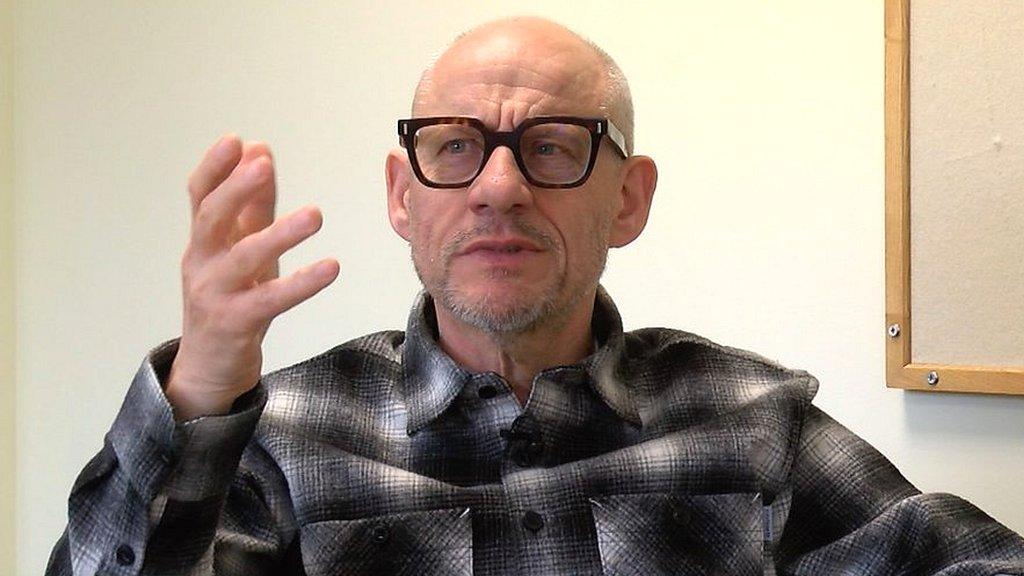
- Published22 February 2024

- Published30 March 2022
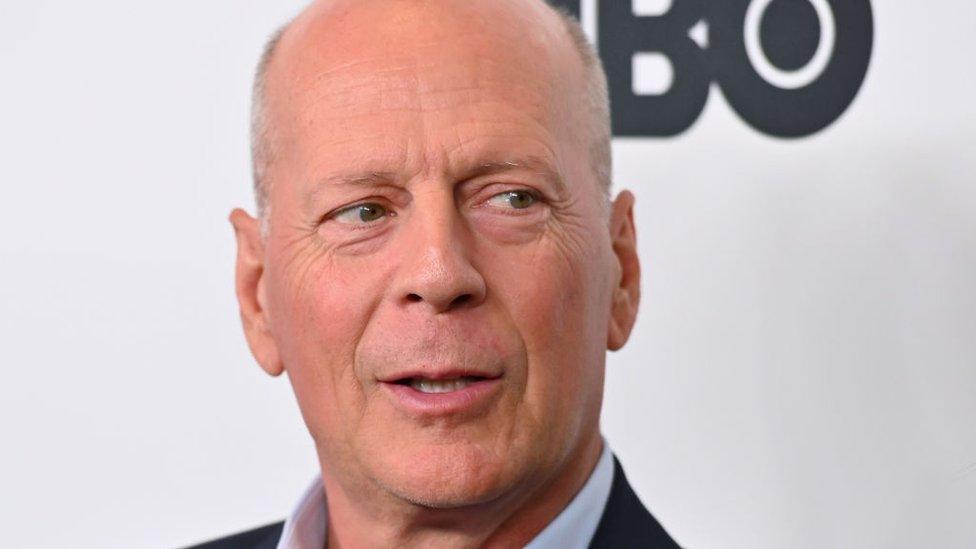
- Published3 March 2024

- Published28 April 2024
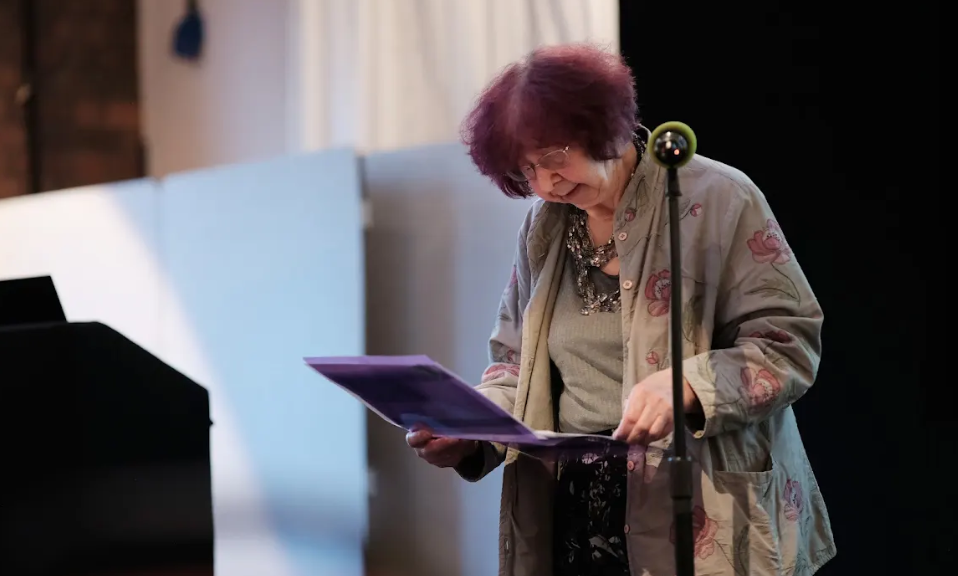
- Published13 April 2024
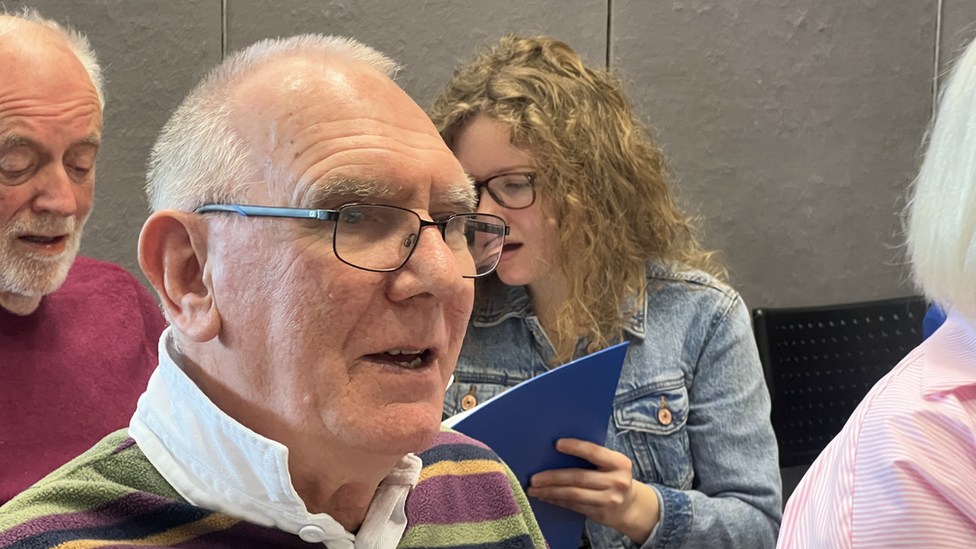
- Published26 May 2023
